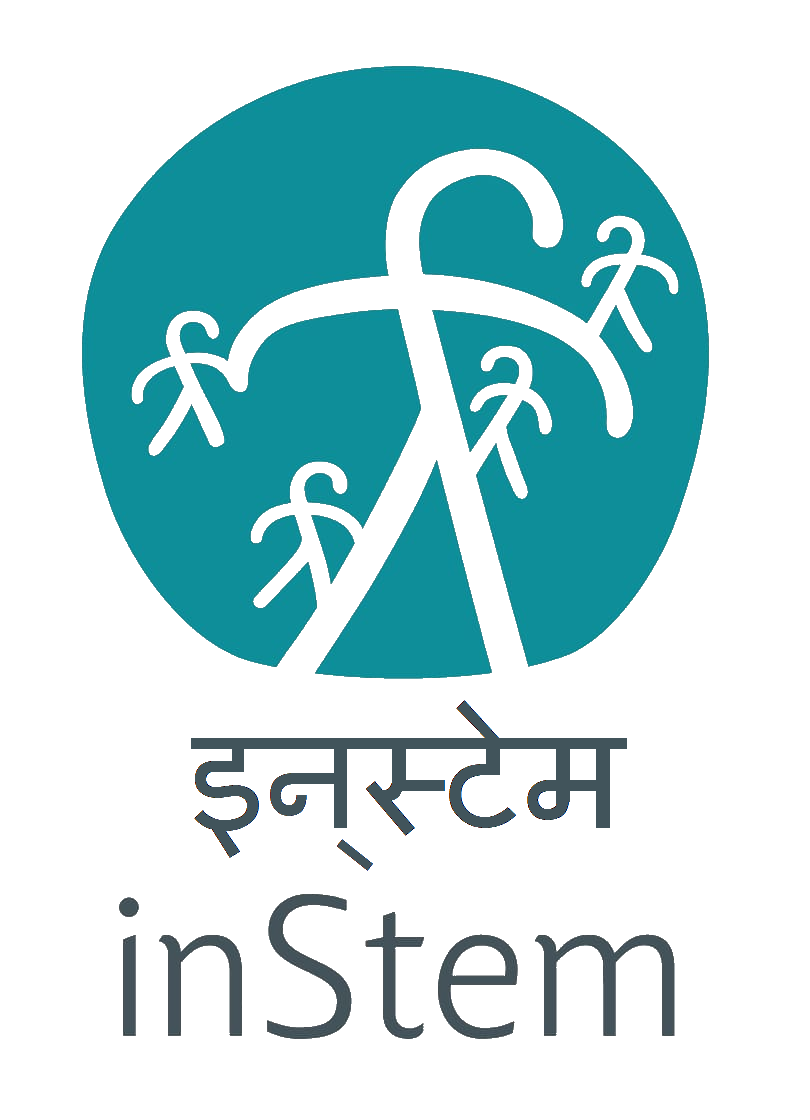Tata Institute for Genetics and Society - Centre at inStem (TIGS-CI) - Baskar Bakthavachalu
Baskar Bakthavachalu

Programme 1: The biology and disease capability of Aedes sp. mosquitoes that transmit flaviviral infections such as Dengue.
Programme 2: RNA biology and neuroscience.
Both during my Ph.D. and postdoc, I studied RNA regulation in the cultured cells. Having trained in studying translation regulation and RNA turnover, I studied these processes in an in vivo Drosophila insect model. We asked how normal neuronal RNP granules essential for translation control contribute to Long term Memory and how mis-regulated RNP granules cause the formation of pathological granules, a hallmark of neurodegenerative diseases.
At TIGS-CI, my team uses candidate RNP granule proteins (Ataxin-2, Caprin, and RNPA2B1) in Drosophila to address questions like how disordered domain in RNPs contribute to granule assembly and neurodegeneration. We plan to extend the study in iPSCs and vertebrate models.
My lab is also interested in studying vector-borne diseases. We have a strong group of researchers working on vector biology, with a major focus towards genetic strategies for vector control and of Aedes aegypti and Anopheles stephensi. My lab focus is on control of vector-borne diseases like Dengue and Zika. We address it at the interface of basic biology and its applications in two major areas:
(a) Building genetic tools for mosquito vectors: Aedes aegypti and Aedes albopictus are the two main hosts for flavivirus transmission. We focus on building genetic tools and technologies with an aim to block flaviviruses (Dengue and Zika) replication in Aedes mosquitoes and make them unsuitable vectors.
(b) Understanding insecticide resistance in mosquitoes: Insecticides are one of the most efficient vector control strategies deployed to date. In combination with mechanical barrier insecticide-treated nets, they have effectively reduced mosquito-borne illness globally. However, the emergence of resistance due to insecticide overuse and selection of resistant alleles are a serious concern. We study the prevalence of insecticide resistance and identify novel mutations in the mosquito population in India. We also closely collaborate with Vinoth Kumar Kutti’s group at NCBS to use Cryo-EM to understand the molecular and structural mechanism of target site-specific insecticide action and mode of resistance in the mutant alleles.
The RNA Biology and Neuroscience and Vector-borne diseases team

Left to Right: Arvind Reddy, Raja Babu Kushwah, Shrigouri Patil, Swetha Yadav, Khushboo Agrawal, Divij Kinger, Baskar Bakthavachalu


